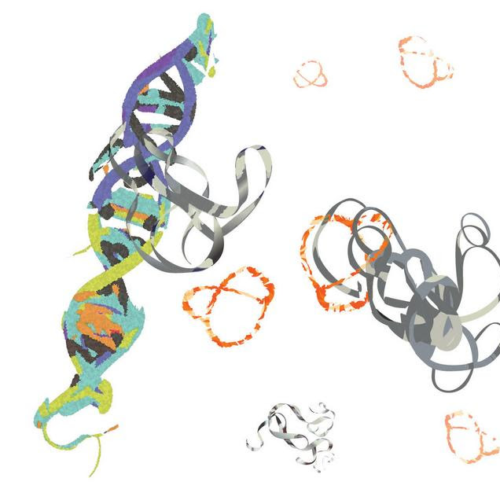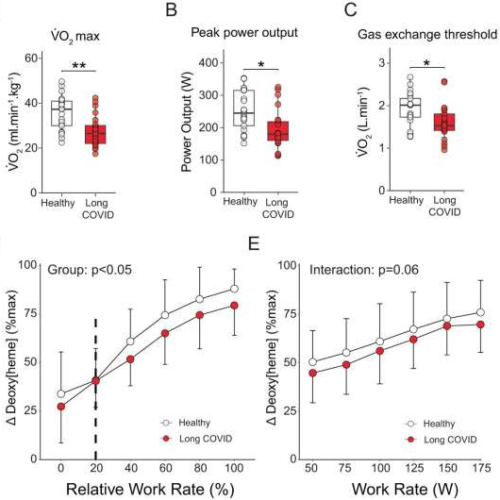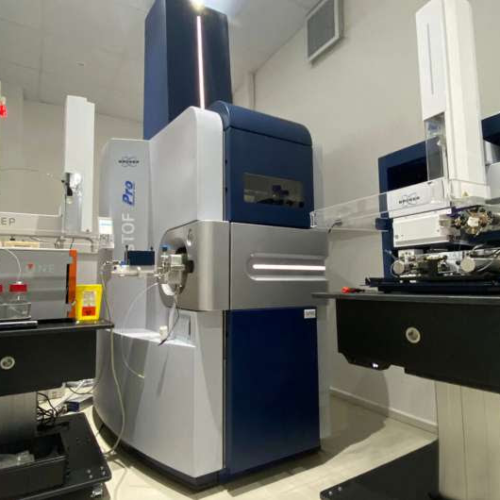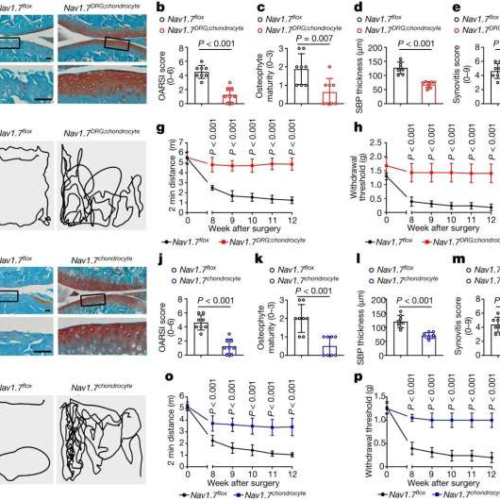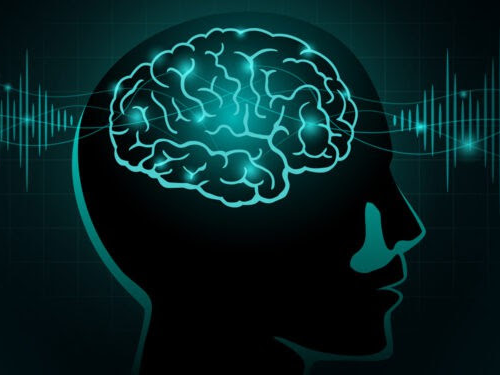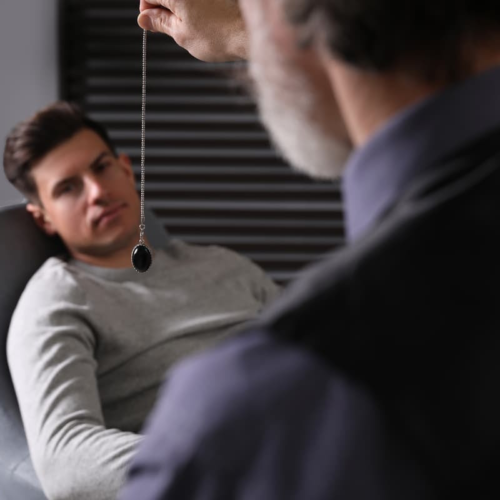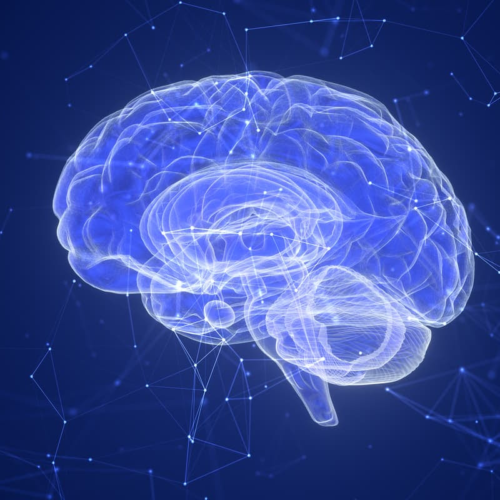Discovery opens window to more effective treatment Peer-Reviewed Publication UNIVERSITY OF CALIFORNIA – RIVERSIDE THE MYC PROTEINS (GREY RIBBONS) BIND TO DNA AND PROMOTE CANCER PROGRESSION. UCR RESEARCHERS DEVELOPED A MOLECULE (ORANGE PRETZEL-LIKE SHAPE) THAT BINDS TO MYC, INHIBITING ITS CANCER-PROMOTING FUNCTION. CREDIT: MIN XUE/UCR Meet MYC, the shapeless protein responsible for making the majority...
Year: <span>2024</span>
Researchers discover that tiredness experienced by long COVID patients has a physical cause
by Amsterdam University Medical Center Credit: Nature Communications (2024). DOI: 10.1038/s41467-023-44432-3Researchers from Amsterdam UMC and Vrije Universiteit Amsterdam (VU) have discovered that the persistent fatigue in patients with long COVID has a biological cause, namely mitochondria in muscle cells that produce less energy than in healthy patients. The results of the study were published in...
Scientists uncover key brain pathway mediating panic disorder symptoms
by Salk Institute PAC1R-expressing dorsal raphe neurons in the mouse brain (red) serve as the projection targets for PACAP parabrachial neurons to mediate panic-like behavioral and physical symptoms. Credit: Salk InstituteOverwhelming fear, sweaty palms, shortness of breath, rapid heart rate—these are the symptoms of a panic attack, which people with panic disorder have frequently and unexpectedly....
ChatGPT found to have very low success rate in diagnosing pediatric case studies
by Bob Yirka , Medical Xpress Credit: Unsplash/CC0 Public DomainA trio of pediatricians at Cohen Children’s Medical Center, in New York, has found ChatGPT’s pediatric diagnostic skills to be considerably lacking after asking the LLM to diagnose 100 random case studies. In their study, reported in the journal JAMA Pediatrics, Joseph Barile, Alex Margolis and...
Research makes important discovery about pulmonary sequelae after COVID-19 infection
by MELISA Institute timsTOF Pro 2 mass spectrometer (Bruker Daltonics), nanoElute (Bruker Daltonics) and Evosep ONE (Evosep Biosystems) chromatographs, in the MELISA Institute laboratory. Credit: MELISA InstituteA collaborative study sought to identify the sequelae associated with long-term pulmonary dysfunction (L-PDD) in patients with COVID-19. The study was published in Frontiers in Medicine. The research was...
Epilepsy drug shows promise in slowing joint degeneration in osteoarthritis
by Yale University a, Safranin O and Fast Green-stained sections of knee joints of mice with the indicated genotype (n = 8). Scale bar, 50 µm. b–e, OARSI score (b), osteophyte development (c), subchondral bone plate (SBP) thickness (d) and synovitis score (e) in indicated mice 12 weeks after DMM (n = 8). f, Traces of open field testing at 12...
Long COVID Has Caused Thousands of US Deaths: New CDC Data
While COVID has now claimed more than 1 million lives in the United States alone, these aren’t the only fatalities caused at least in part by the virus. A small but growing number of Americans are surviving acute infections only to succumb months later to the lingering health problems caused by long COVID. Much of...
Home-based brain stimulation ineffective for major depression, study finds
by Eric W. Dolan Enhance your understanding of the human mind and mental health trends. Click here to follow PsyPost on LinkedIn.A recent study found that unsupervised home-use brain stimulation combined with digital psychological interventions was not more effective than placebo treatments in alleviating symptoms of major depression. This finding challenges the current understanding of...
Brain stimulation can make you easier to hypnotize
By Rich Haridy For the first time researchers have found a way to enhance a person’s susceptibility to hypnosis Depositphotos A person’s susceptibility to hypnosis has long been considered a pretty static trait. You may be highly hypnotizable, or you may be part of the nearly 25% of people who can’t really be hypnotized at all....
Drug beliefs produce a dose-dependent effect in the brain, study finds
By Paul McClure A study has found that a person’s drug beliefs can produce a dose-dependent effect in the brainDepositphotos Researchers have shown, for the first time, that a person’s beliefs about nicotine influences brain activity, producing a dose-dependent effect that was only thought to occur with pharmaceutical agents. In addition to providing an explanation for...

